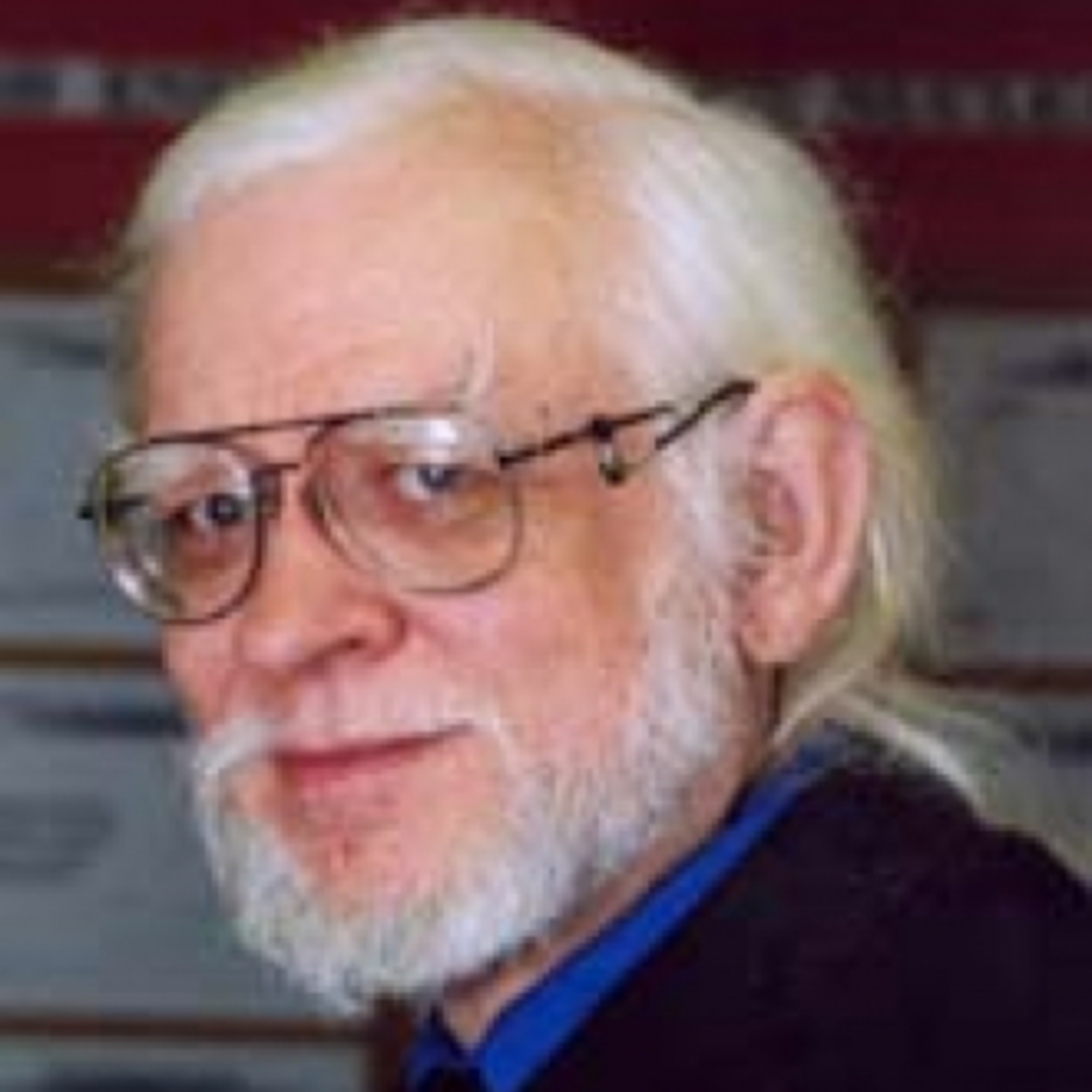William Coker
- Professor
- Physics

Contact Information
Biography
Coker came to UT Austin as a postdoc in 1966 and spent several years doing nothing but research, often for 15 hours a day. He notes that he hasn’t changed his mind since the 1950s: "Physics is one of the best-kept secrets in the world. If the general public had the slightest inking of how much sheer joy there is in basic research and teaching and just wandering through the inexhaustible realms of physics, we would have many thousands of physics majors and physics graduate students here, instead of a few dozen."
More from William Coker
My parents both worked in a factory, and in the winter they left before daylight and didn’t get back until about sundown. My brother and I felt slightly guilty as we played our games in the bright sunlight, and I wondered if there were not some way to escape the dismal prospects that adults faced. Well, a number of movies in the early 1950s had scientists as heroes, and though the depiction of science and research had little connection to reality, the point that came through clearly was that science was fun, that scientists still got to play, even though they were adults.
When I became a physics major at the local university in 1957, I still had never encountered a single working scientist. But it was the age of Sputnik and in my first “real” physics course, Mechanics for Physics Majors, there were around 30 students, a number of whom had been my classmates in high school. That university was on the quarter system, and the course was a two-quarter course. In the second quarter, there were only 5 students left in the class, including me… and all my high school chums were gone, never to be seen again. Scholarships were few and far between in those days, but in my senior year I managed to get one, and only then could stop working part time.
Once I began doing research in experimental and theoretical nuclear physics, earning an MS and a Ph. D., I discovered that the movies had not lied… physics was tremendous fun.
Research
Research Areas
- Particle Physics
- Energy
Education
- Ph.D., University of Georgia, 1966
